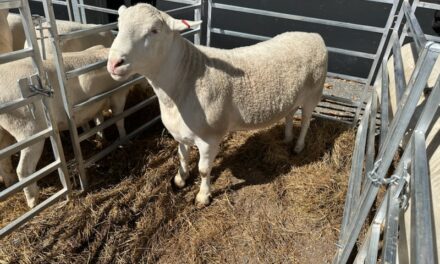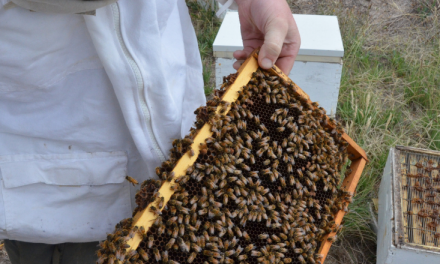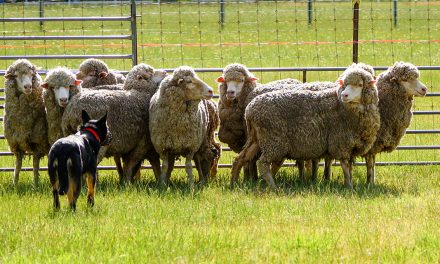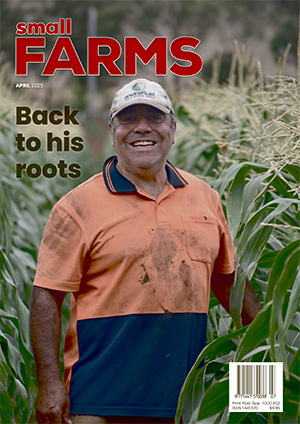The Department of Agriculture has extended the prohibition on live sheep exports to, or through, the Middle East to 22 September 2019.
The department considered the best available science and evidence, and feedback from public consultation before making this decision.
The interests of the industry, animal welfare and government policy were also taken into account.
Evidence indicates the risk of heat stress for voyages departing Australia in the first three weeks of September is comparable to, or higher than in June.
The department determined conditions in June (along with July and August) are too hot for sheep exports. The industry came to a similar conclusion.
Furthermore, sheep departing Australia in early- to mid-September are acclimatised to cooler Australian temperatures and therefore less heat tolerant than sheep departing in Australian summer or autumn months.
For October, the risk of an animal welfare incident related to heat stress is more aligned with conditions in May.
Once trade resumes, shipments to, or through, the Middle East must comply with the same conditions that applied in May 2019. These requirements include:
- verification of the ship’s pen air turnover
- a heat stress management plan
- stocking sheep in accordance with an allometric formula or the heat stress assessment model – depending on which provides more space per animal
- collecting automated environmental data (wet bulb temperatures) and reporting to the department
This decision only relates to 2019. Future regulation of live sheep exports to, or through, the Middle East will be decided following a Regulation Impact Statement process.








